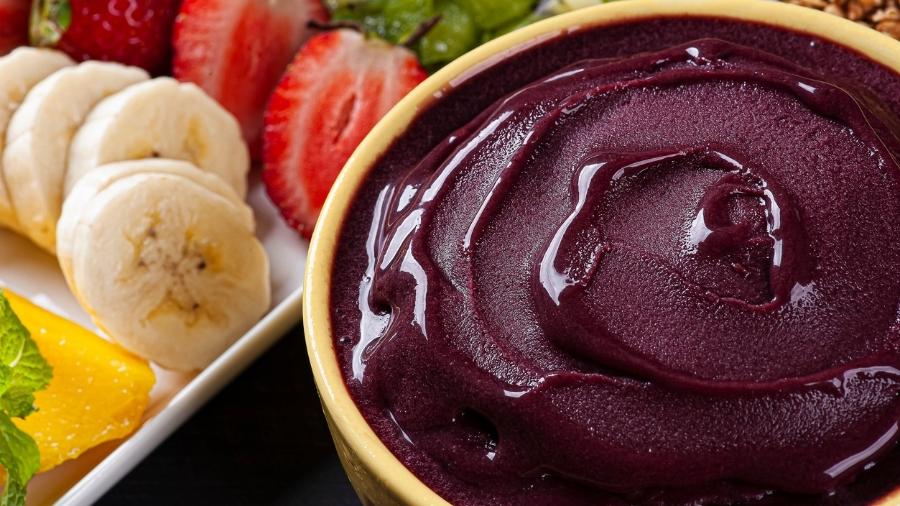
The Epidemiological Surveillance of Bahia issued an alert about the outbreak of oral transmission of Chagas disease after the confirmation of five cases and one death in the first half. Caused by the parasite called Trypanosoma cruzi, the disease is traditionally known to be transmitted through the bite of the kissing bug (in fact, when stung, the person scratches the wound, which favors the penetration of the parasite present in the feces of the infected kissing bug). .
The transmissibility of the disease, however, has changed its profile in recent years. According to the Brazilian Society of Cardiology, cases of oral transmission of Chagas disease, that is, when the disease is transmitted by eating contaminated food, currently account for about 70% of all cases of the disease in Brazil. Among these contaminated foods, açaí and sugarcane juice, the popular garapa, stand out.
While industrialized açaí presents no risks, as it undergoes heating at 80°C, cooling and washing, which inactivates the protozoa and makes the product safe for consumption, the ingestion of this food when prepared at home, by small producers, which harvest the fruit and sell the food in natura in small commercial establishments can be dangerous mainly in endemic areas. Garapa can also be a source of contamination when it is made by hand. The problem occurs when the insect or its feces are ground together with the sugar cane, giving rise to the drink.
“The kissing bug settles between the stem and the leaves of the sugarcane and, when grinding for the production of sugarcane takes place, it can be ground together, causing contamination of the food and, consequently, of the person who consumes it” – explains Veridiana Silva de Andrade, cardiologist professor at Unifesp and director of Sobrac (Brazilian Society of Cardiac Arrhythmias).
The main way to prevent oral transmission of the disease is to clean food. Do not consume those without origin and in places where cleanliness or method of preparation are doubtful. It is worth checking if the place has approval from the Sanitary Surveillance to handle and sell food. This certificate must be exposed and easily visible to the consumer. Vendors with street stalls must have this approval.
“The prevention of oral transmission is done with actions to intensify the Sanitary Surveillance and food inspection in all stages of production that are susceptible to contamination” – Veridiana Silva de Andrade.
Article originally published on 07/11/2023 by Simone Machado and can be accessed here.
